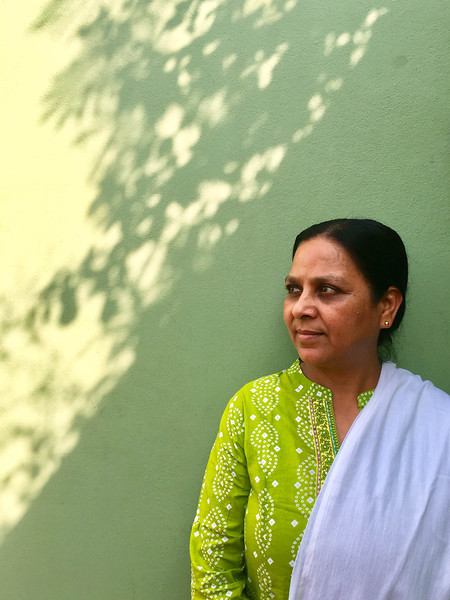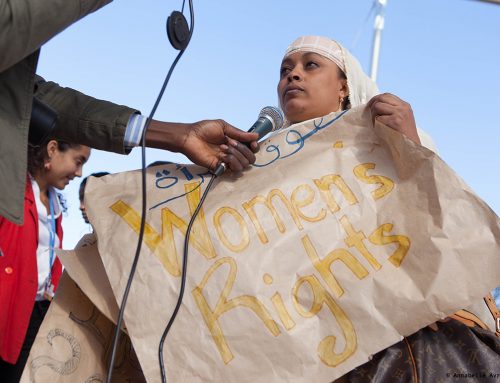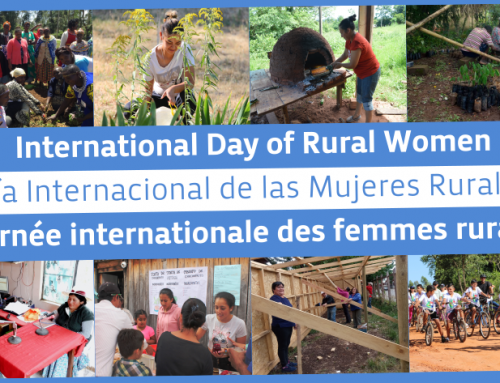- Country: India
- Works for: Navrachna Samaj Sevi Sanstha
- Role in #women2030: gender expert
I have struggled in life. I had to put up with childhood drudgery and poverty to complete my education. But I was determined. Having seeing the conditions that tribal people endure, especially tribal woman, I decided to work with them promoting their social upliftment.
Slowly my passion has become my conviction. And over the years, experience has shown me that it’s absolutely crucial to work for the coexistence of people and forests, including plants and animals, to successfully alleviate poverty and promote conservation and development. The state’s elitist model, protecting forests in isolation without the involvement of indigenous people, can never be a long-term ecological solution.
When I was very small, my father expired because he was an alcoholic. From a very tender age then, I have seen my mother struggling constantly—and successfully—to bring me and my brothers and sisters up, and to make sure we were well educated. I studied at university level, I studied Rural Development as a Postgraduate.
My mother is a strong woman. She was a social worker, so we always had people coming to our house discussing their concerns. I was inspired by all the conversations I heard!
When I first started work, I was involved in a campaign against an unethical World Bank Forestry Project, to safeguard the adivasis from displacement from the forest areas in Central India. This led to birth of our organisation, Navrachna Samaj Sevi Sanstha.
India’s forest policy has been always anti-nature and anti-people. But Navrachna helps tribal peoples realise their rights to the forests, land and employment, it empowers them to fight against the really devastating impacts of the ‘development’ process—the liberalisation, privatisation and globalisation syndrome. They are the closest to the mother earth and nature and environmental degradation makes them ever more marginalised.
I have gained strength from the tribal women’s understanding of nature, their characteristics of nurturing and preserving resources, their lifestyle with minimum needs and disinterest for money. Being a mother myself, I can understand the affection that they have for the forest, they care for it as they care for their children.
Navrachna helps the communities to access their land and forest rights. We particularly focus on promoting and supporting women’s involvement in decision-making about land and forests and asserting gender rights.
For example, we make sure that title deeds granted under the Forest Rights Act are put in the names of both husband and wife. We’re also trying to create local community funds so that socially excluded communities can develop their own environment, strengthen their resource base and create natural assets.
Women’s empowerment is critical for transformation, for self reliance. The non-violent Gandhian way of life promotes self-dependence and encourages women to marry of their own choice by breaking the caste barriers. My family and way of life has been very independent. My husband and children has always been encouraging my work. My mother has always been my inspiration, my strength.
Photo by Ashlesha Khadse
Interview by Ronnie Hall
Interpretation by Anamika Amani







